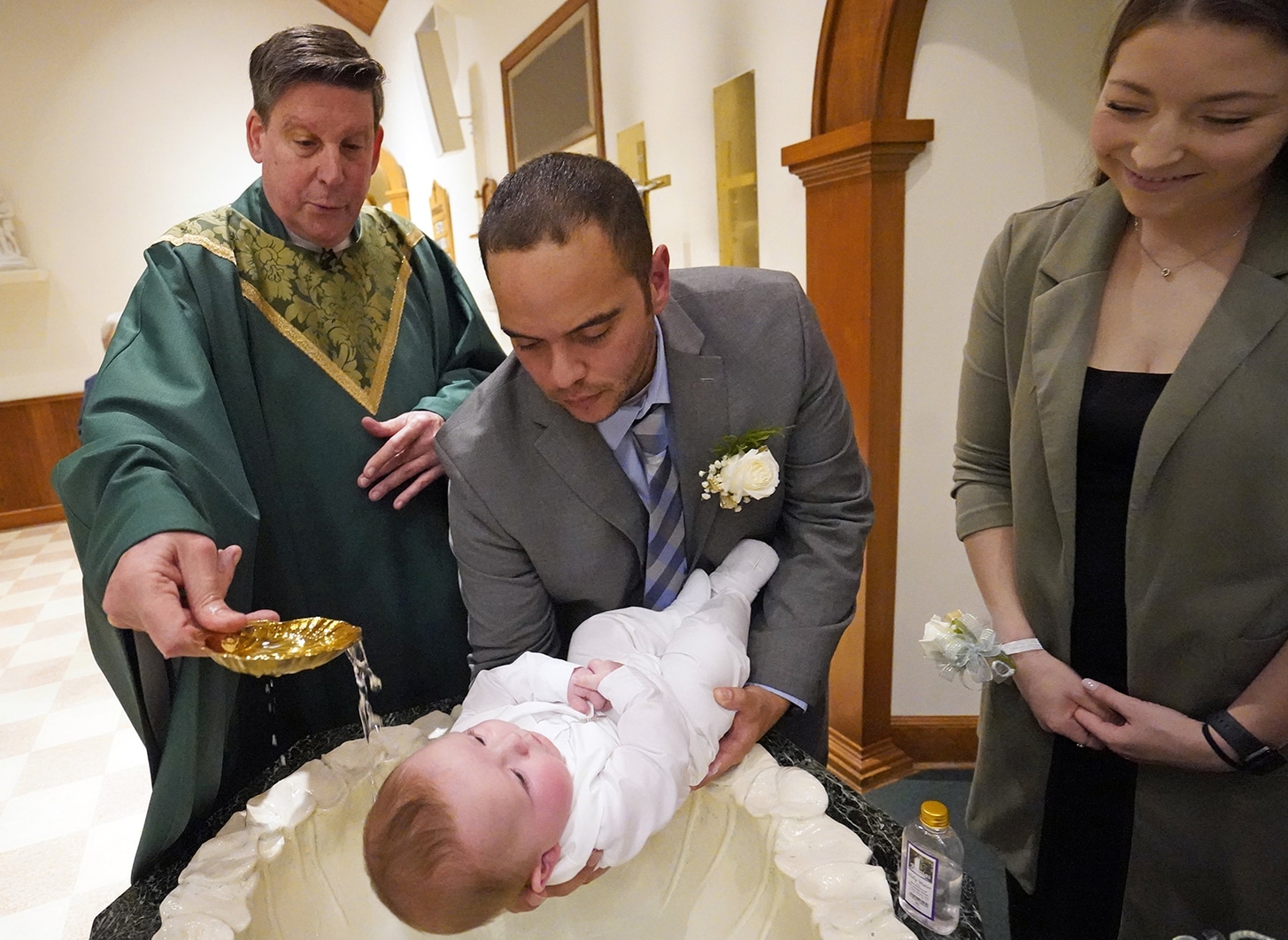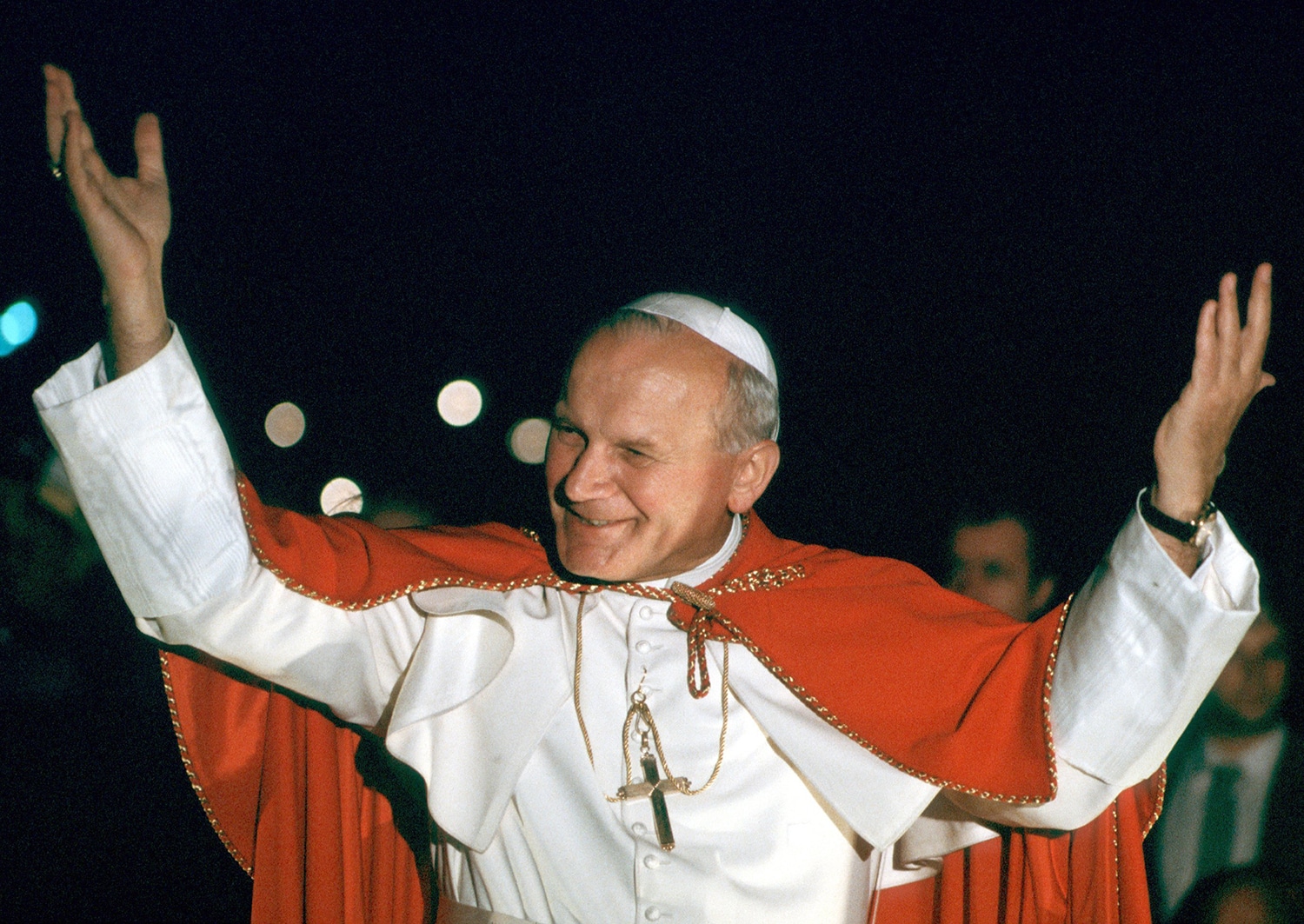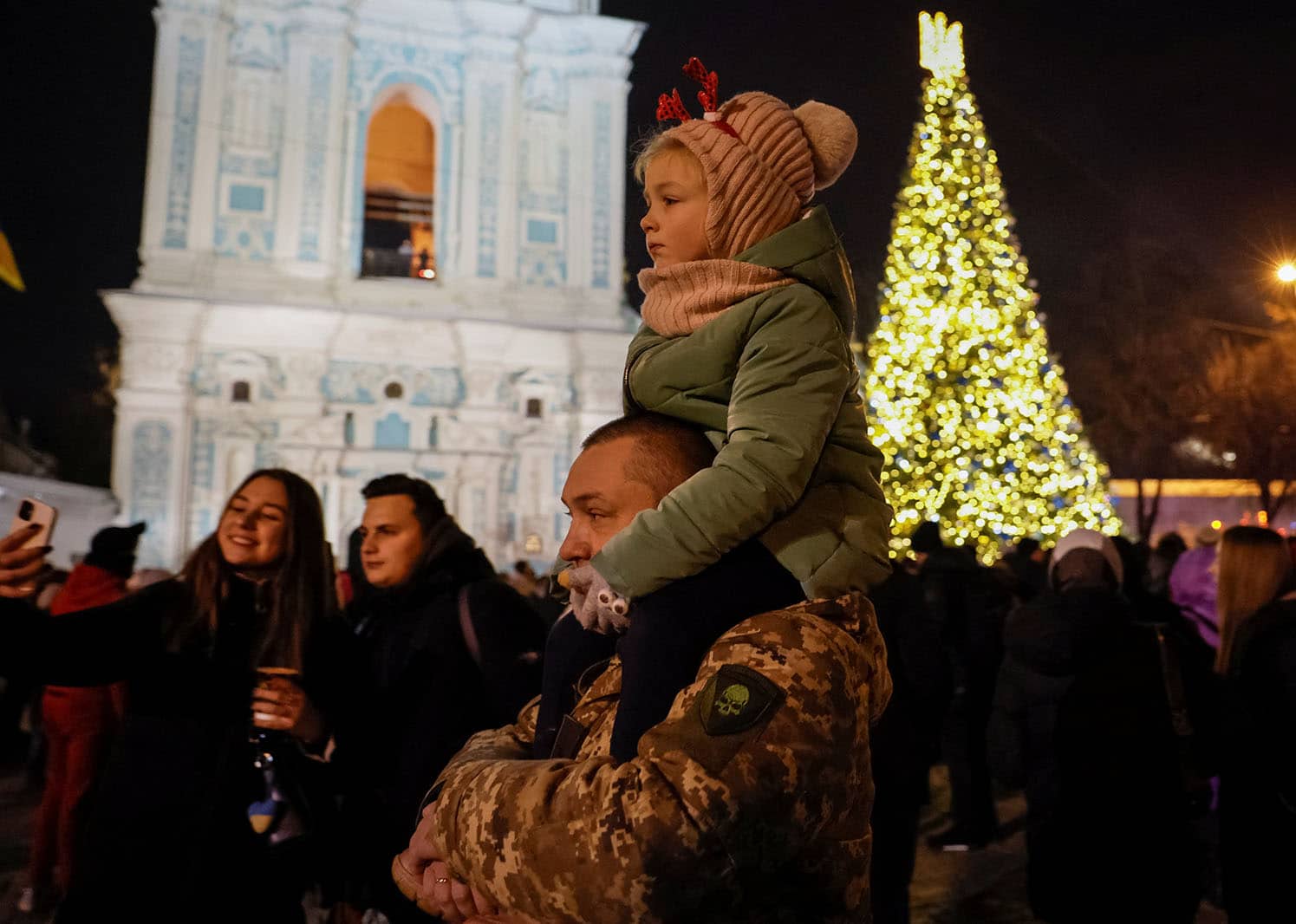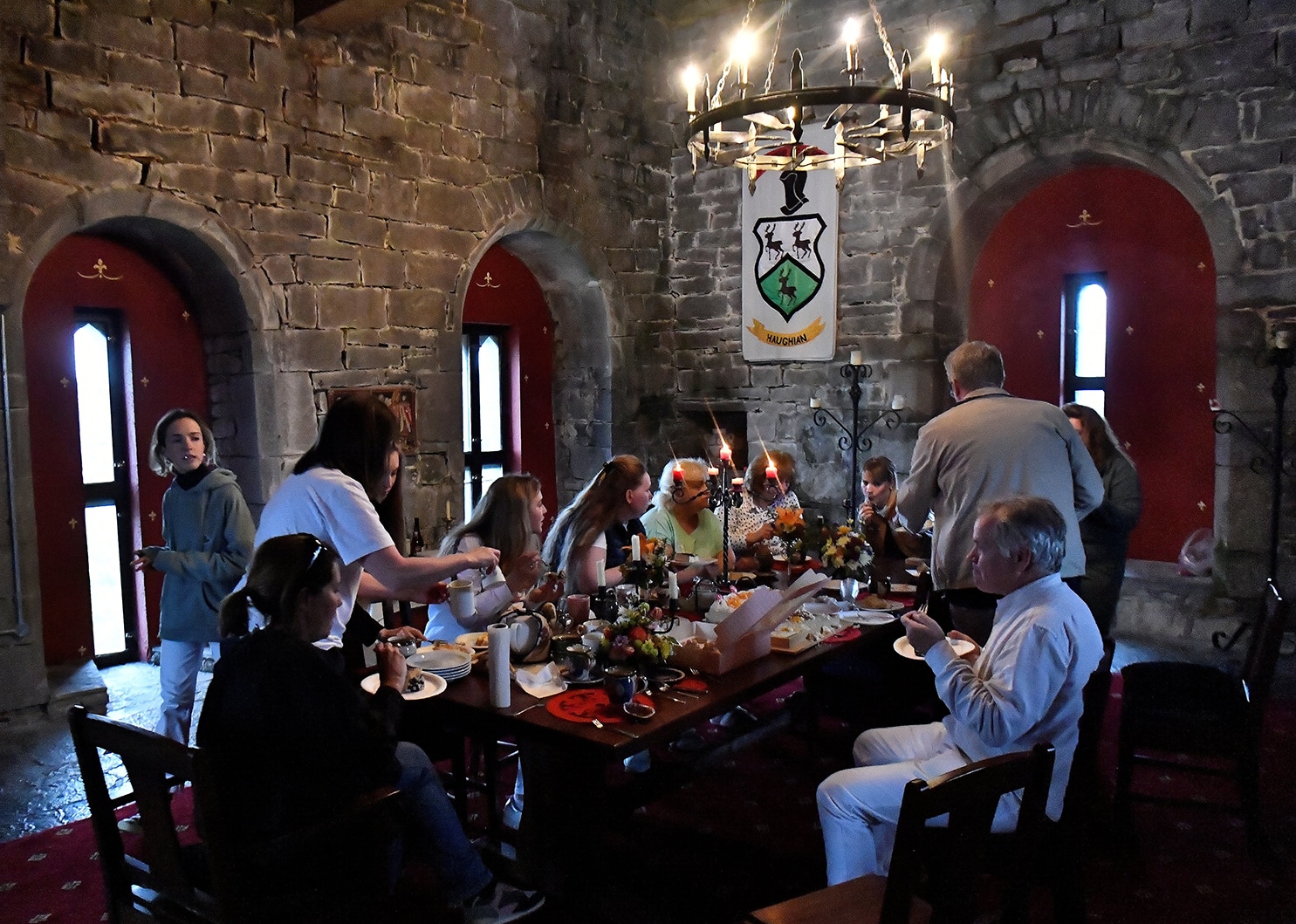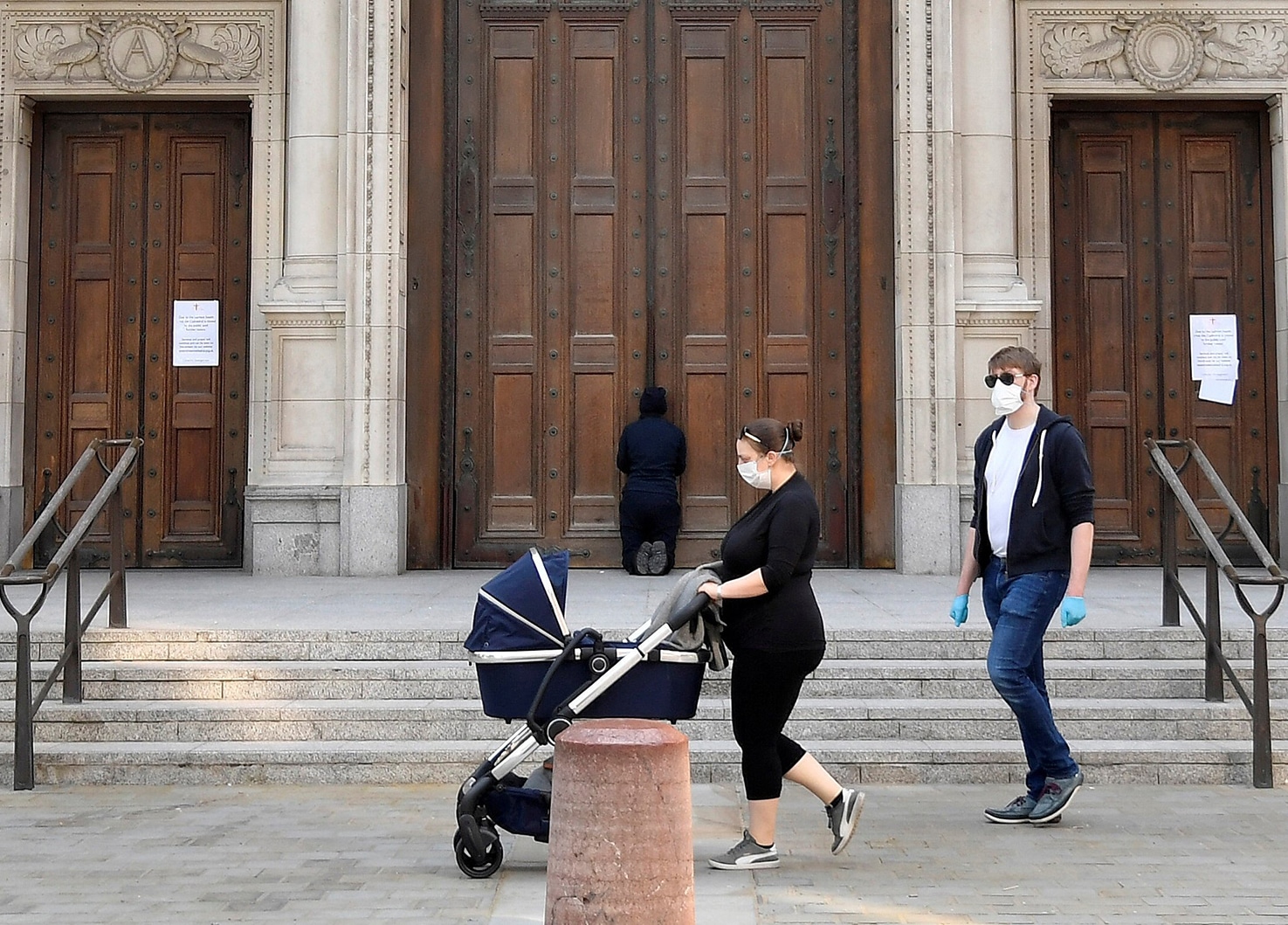(OSV News) — She isn’t sure of exactly how many in total over the years, but Glenda Spearman says she has conferred “a lot” of baptisms. She estimates she does 15 to 20 per year.
As senior staff chaplain at Ann & Robert H. Lurie Children’s Hospital of Chicago and assigned to its neonatal intensive care unit, Spearman is frequently called upon for emergency baptisms — most often when a baby is born extremely premature, is in critical condition or is preparing for surgery. In more than two decades as a Catholic chaplain, she has sometimes been asked to baptize older children, as well.
“It’s truly an honor, and it’s a sacred trust — and it’s given to me as a layperson, but even more so as a lay chaplain,” said Spearman, 76, who holds a master’s in divinity from Catholic Theological Union.
While some of the hospital’s Catholic patients and their parents expect a priest to arrive when they request baptism — and that can sometimes be arranged, Spearman said — most families are grateful that Spearman can offer the sacrament, she said, especially when time is of the essence.
The fact that Spearman is permitted to baptize does not hinge on her chaplaincy or even her robust Catholic formation. According to Church law, baptism is ordinarily conferred by a bishop or priest, or — in the Latin Church — a deacon as well. However, as the Catechism of the Catholic Church states, “In case of necessity, anyone, even a non-baptized person, with the required intention, can baptize by using the Trinitarian baptismal formula.”
“The intention required is to will to do what the Church does when she baptizes,” the catechism continues. “The Church finds the reason for this possibility in the universal saving will of God and the necessity of Baptism for salvation.”
The importance of baptism
The Diocese of Rottenburg-Stuttgart in southwestern Germany drew attention to this teaching in November when Bishop Gebhard Fürst commissioned 26 nonordained theologians to administer the Sacrament of Baptism in his diocese. The action followed a similar commissioning in the German Diocese of Essen in March.
Media reports indicate that Bishop Fürst — who retired from his diocese Dec. 4 just after his 75th birthday — initiated the commission for “contemporary pastoral care,” and that a dearth of priests in the diocese justified authorizing lay people to do baptisms. Bishop Matthaus Karrer, Bishop Fürst’s auxiliary, also said the bishop was motivated by a desire “to promote gender justice in the church,” according to LaCroix International. The move also aligns with recommendations for addressing clericalism from the German bishops’ controversial Synodal Path.
An estimated 10,000 children are baptized each year in the Rottenburg-Stuttgart Diocese.
The Church teaches that baptism removes original sin and all personal sins, as well as all punishment for sin.
Msgr. Kevin Irwin, a priest of the Archdiocese of New York and longtime faculty member in the School of Theology and Religious Studies at The Catholic University of America in Washington, said the key is that baptism is necessary for salvation — so “the Catholic Church has always kept the bar low on requirements for baptism.”
Ministers of baptism
“Pagans can baptize in an emergency,” Msgr. Irwin told OSV News via email.
He compared the commissioning of laypeople for baptizing to the practice of extraordinary ministers of holy Communion to distribute the Eucharist at Mass.
For Communion, “the ‘ordinary’ ministers are installed acolytes, deacons, priests and (arch)bishops,” said Msgr. Irwin, who teaches sacramental theology. “But because the numbers of ‘ordinary ministers’ are insufficient for the need to distribute, either those who have been officially installed (or) those who are deputed on the spot, as the Missal provides, can and do, distribute.”
Michele McAloon, an American canon lawyer living in Germany, said canon law states that baptism is something particularly entrusted to the parish priest.
“When the ordinary minister of baptism … which is the bishop, the priest or the deacon, is not present, then an extraordinary minister may baptize lawfully,” she said. “This is because this sacrament is so important — this is the gateway sacrament to all the other sacraments. A baptized person becomes a person within a community, and that is why it is so, so vitally important.”
When Church law addresses a situation where an ordinary minister is not present, “those are extreme circumstances — in case of death, in case a priest is impeded, in case he’s in trouble, he’s sick, he can’t get to it” — as well as circumstances where Catholics don’t have regular access to clergy, such as in parts of Africa, South America or Alaska, McAloon said.
Are laypeople necessary?
McAloon is skeptical that lower numbers of priests in the dioceses of Rottenburg-Stuttgart and Essen truly necessitate commissioning lay people to administer baptism regularly.
According to church-hierarchy.org, the Diocese of Essen has 300 priests serving around 778,000 Catholics, for a ratio of around 2,000 Catholics to every priest. The Diocese of Rottenburg-Stuttgart has a similar ratio, with 800 priests ministering to 1.8 million Catholics. By comparison, the Diocese of Reno, Nevada, has a ratio of 2,263 Catholics to each priest. However, those statistics do not indicate what proportion of those priests are in active ministry.
McAloon said she believes the German dioceses’ move has more to do with “becoming more diverse” and combating clericalism than the pastoral need to make baptism more accessible.
McAloon also cautioned against seeing this decision as giving license to laypeople who wish to baptize without clergy in secret, such as grandparents who want to baptize their grandchild when the parents are not in agreement. According to church law, parents must consent for a child’s baptism to be licit.
That situation “is very sensitive,” McAloon said, but “the church doesn’t want to take away the freedom of the parent.”
“The bishop actually does have the right to say, ‘OK, I’m going to make these people and they can baptize,’ and it is the bishop’s prerogative to do that,'” she said. “But no, Grandma opening up the kitchen sink and baptizing her granddaughter because her granddaughter’s mom and dad … don’t want to baptize, that’s not licit.”
Additionally, McAloon said, baptism must be done with water and the Trinitarian formula: “I baptize you in the name of the Father and of the Son and of the Holy Spirit.” And, there must be “founded hope” that the parents will raise the child as a Catholic and see to his or her education in the faith.

